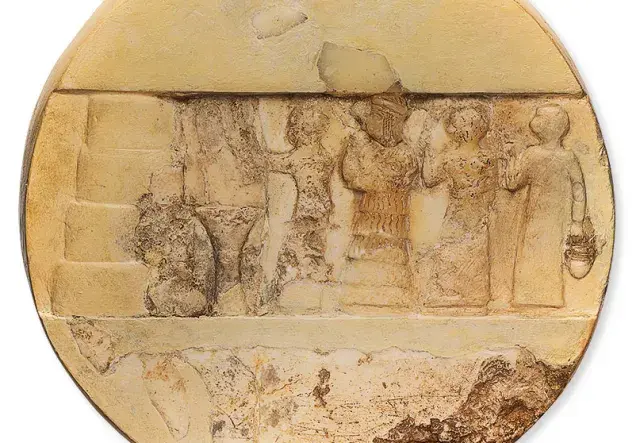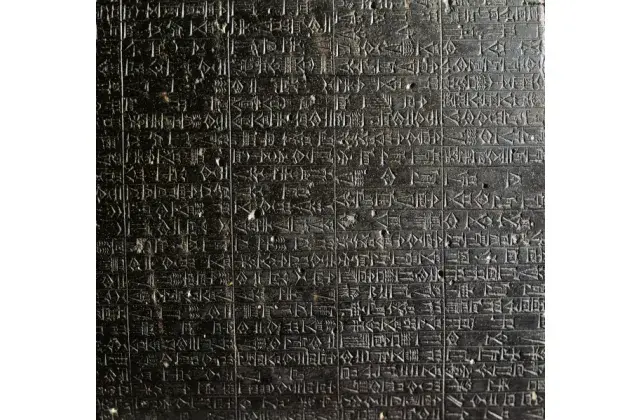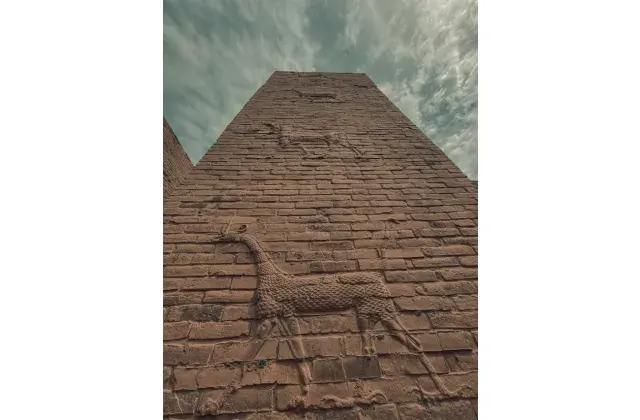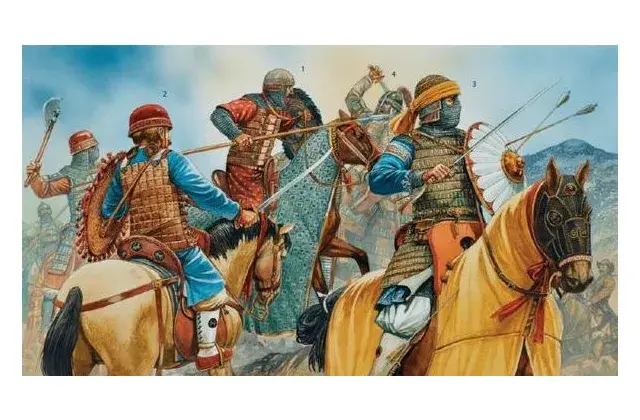Enheduanna (c. 2300 BCE)

She Who Wrote: Enheduanna and Women of Mesopotamia, c. 3400-2000 BCE was the title of a five-month exhibition from October 2022 through February 2023 at The Morgan Library Museum in New York. The exhibition displayed works of art that highlights the rich and various roles of women in ancient Iraq around 5000 years ago. The works displayed at the exhibition serve as evidence of women’s diverse roles and positions in religious contexts such as goddess, priests and worshippers as well as in social, political and economic contexts such as mothers, workers and rulers. The focus of the exhibition is particularly on the first non-anonymous world author in literature, priestess, poet and princess Enheduanna.
Enheduanna, the daughter of Sargon of Akkad was appointed by his father as the High Priestess of the moon-god in the city of Ur who successfully fulfilled her role. Enheduana wrote, and her writings are regarded as extremely important not only for her time but even today as much of her writings resonate with us today. Her writings were celebrated and part of school curriculum; future priests and civil servants were taught cuneiform and Sumerian grammar. Her significant contribution lies in her autobiographical writing, marking her as the first known author to engage in this form of expression, notably showcased in her powerful poem, "The Exaltation of Inanna."
I am Enheduanna, I am the high priestess.
I carried the basket of offerings. I sang the hymns of joy.
Enheduanna wrote about her concerns that still exist with us today. She wrote about her insecurities, abuse and sexual harassment, creative process and the difficulty of writing a poem, equating it to childbirth. When she was approached by a usurper who tried to expel her from the temple and abuse her, she wrote to the moon-god and begged him for help, but it is the goddess of love and war, Inanna who responds to her call and rescues her. Enheduana’s poems echo a female voice in a male dominant ancient world.
Another set of extremely important texts that Enheduana wrote were the forty-two temple hymns addressed to the temples of various cities. In the hymns, she tried to unify all the different traditions and cults across the empire, attempting to join people. The set of the hymns was concluded with a remark by her, claiming her authorship: “The compiler of the tablet is Enheduanna./ My King, something has been created that no one had ever created before!”.
Enheduana’s poem were collected and published in a book by Sophus Helle in March 2023 under the title Enheduanna; The Complete Poems of the World’s First Author. The complete poems of Enheduanna were translated from the original cuneiform texts to English. In addition to the translated poems, Sophus Helle provides background for the historical context of the poems, their literary structures, their themes and receptions. It is an essential read for those interested in literary history of women.
This article was written by Renas Babakir and is licensed under CC BY-NC 4.0.






